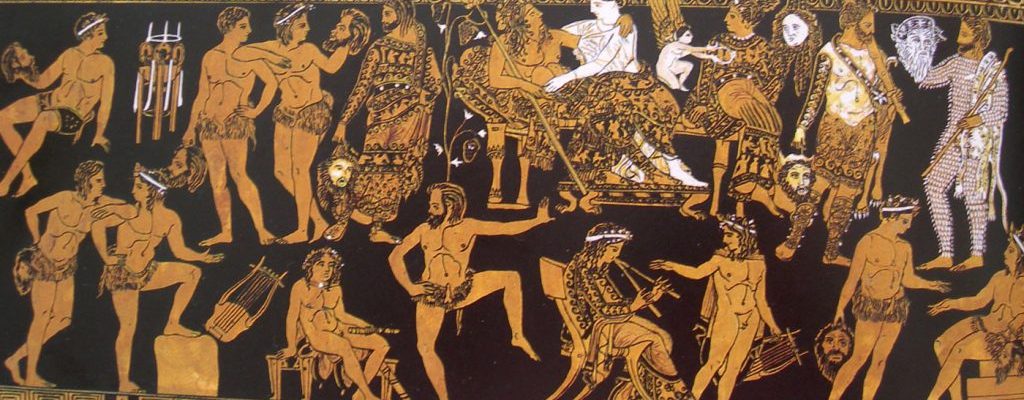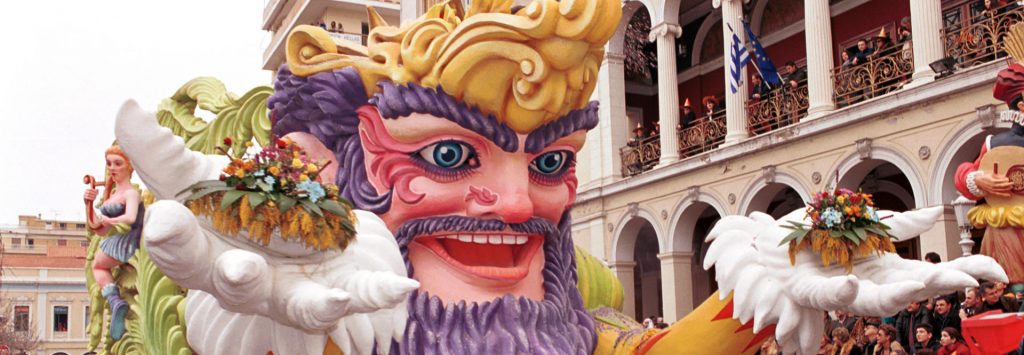Visit Greece in winter and you may be just in time for a fun, masquerading time called apokries, which is the Greek Carnival.
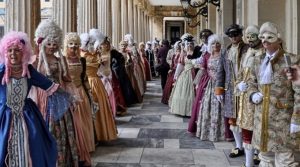
Greek Carnival: Ancient Roots
The Greek Carnival is special and unique because customs date back to the pagan world of ancient Greece. During ancient times, Greeks worshipped Dionysos, the god of wine and fertility. That is why the Dionysian festivals celebrated of rebirth. Ancient celebrations were organized annually at the end of winter, a way to welcome the rebirth that spring brings the world. Today, the tradition continues in another form, connected to the Orthodox religion.
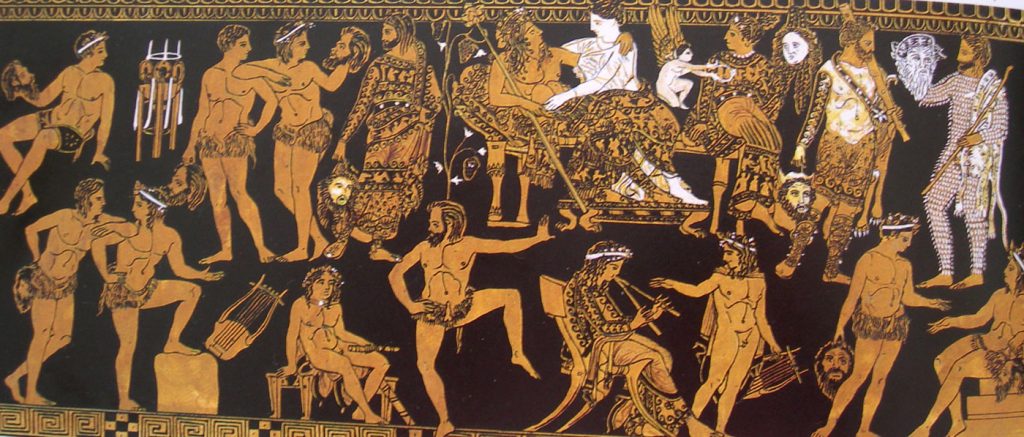
Apokries is a three-week preparation period before the 40-day Lent, covering 22 days and three Sundays. The Greek word apokries means without meat, it is a time when many choose to fast or give up meat.
Big Carnivals in Greece
Carnival celebrations in Greece are also diverse in customs and tradition.
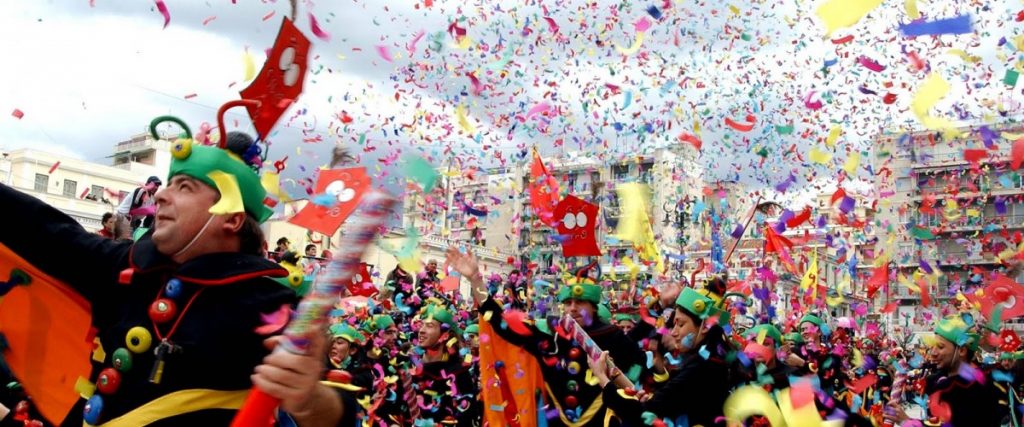
The most famous Greek Carnival takes place in the western city of Patras. The glamorous parade is 180 years old. On parade day, festival goers don fantastic masks, wear colorful costumes in an event that resembles the biggest Carnivals in the world. The celebration closes with a fireworks show by the sea and the ceremonial burning of an effigy known as the Carnival King.
Patras is also Greece’s third largest city where visitors stop over to take a ferry to the Ionian islands. While in town, travelers take time to explore the sixth-century medieval castle, stroll the cobbled lanes of the old city and watch the sunset from the city’s landmark lighthouse.
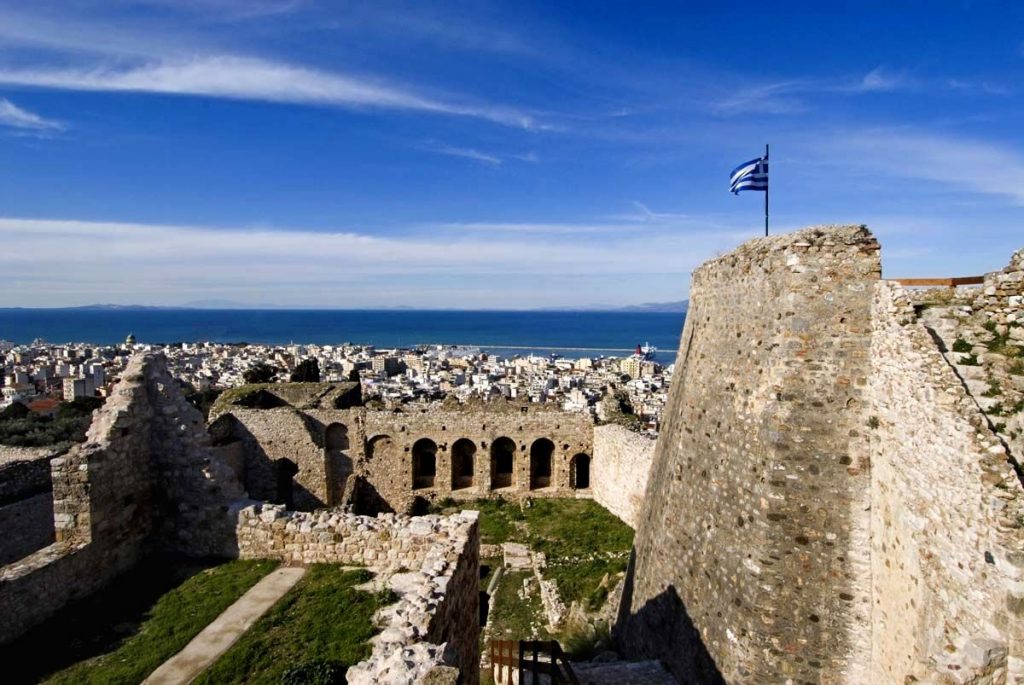
The Carnival in Xanthi, a city in northern Greece, a big parade takes place also ending with a burning of a Carnival King. On the food of the Rodopi Mountains, this beautiful corner of Thrace is also known for its beautiful picturesque streets, old town, museums and fairs.
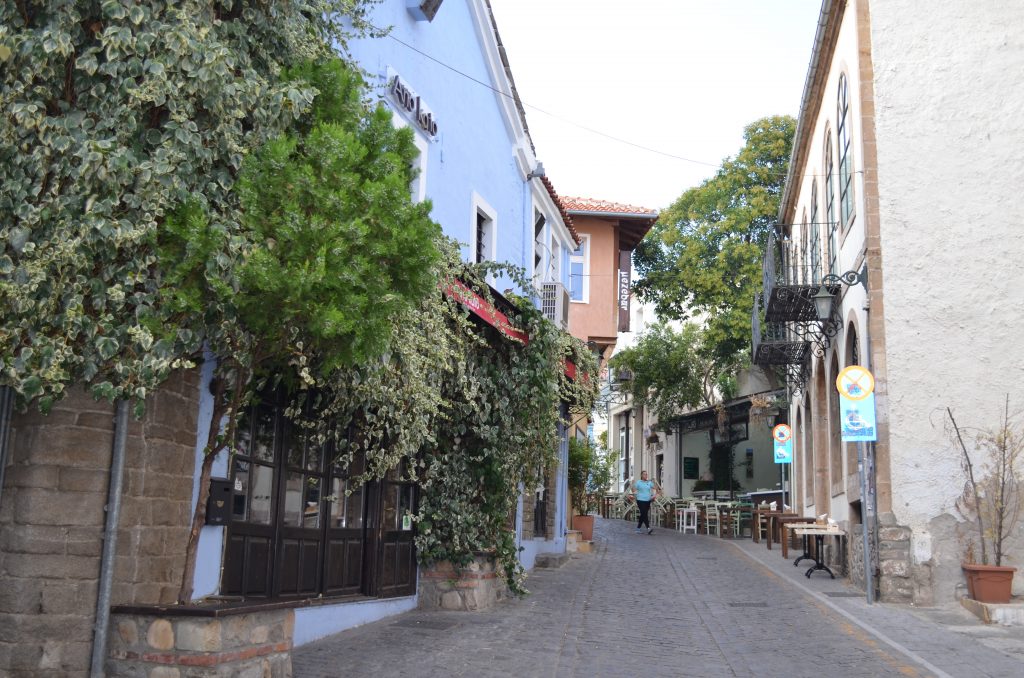
The island of Corfu most resembles the Carnival that takes place in Venice, Italy. For more than 450 years, the Carnival brings out the most colorful Baroque costumes. Besides a big parade, a local street theater performance called the Petegoletsia draws a sizeable crowd.
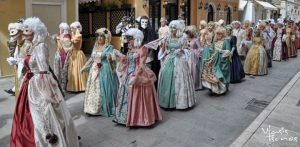
The stunning Ionian island is known for its diverse architectures influenced by British, French and Venetian rule. The old city is a UNESCO World Heritage Site, and culture vultures gravitate toward the well-preserved Venetian fortresses, excellent museums and the Palace of St. Michael and St. George.
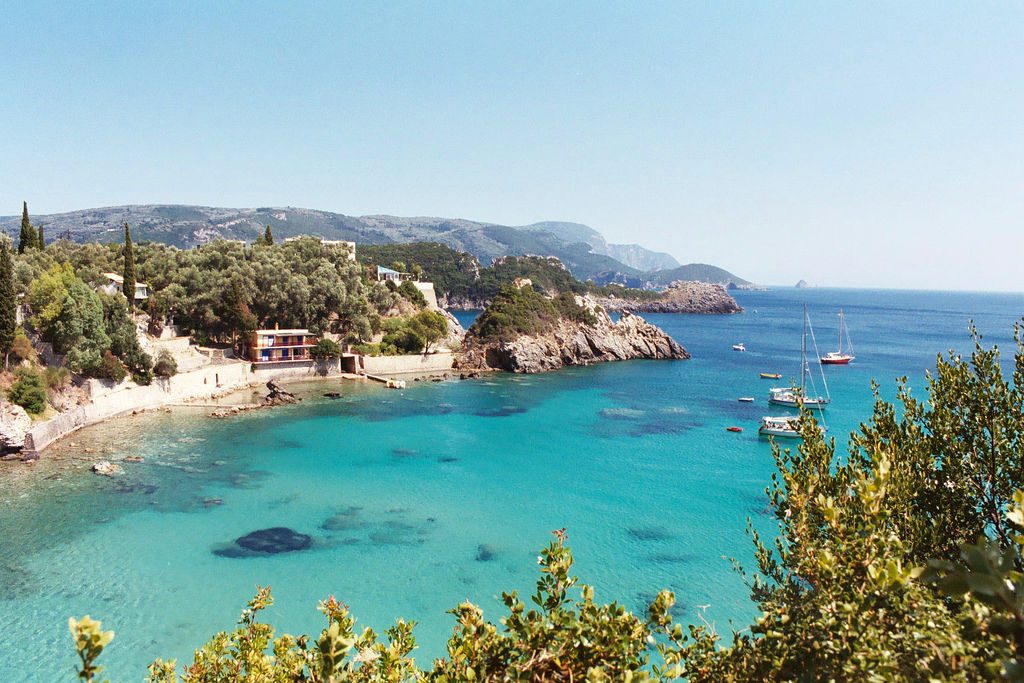
More Traditions: Smaller Carnivals in Greece
Smaller festivals throughout the country still take on traditions that are associated with fertility symbols. Archaeologists have noted that fertility rites are one of the oldest forms of religious rites in Greece, such as the ancient Dionysian festivals.
For more than a century, the Carnival in Tyrvanos has involved locals parading phallic objects through the town. There are floats and fireworks as well. The Thessaly town, near Larissa, was once a textile hub in the 18th century. Today, visitors enjoy the regions dynamic gastronomy including tasting tsipouro, a local spirit made from pomace, as well as the variety of local meze appetizers that accompany it.
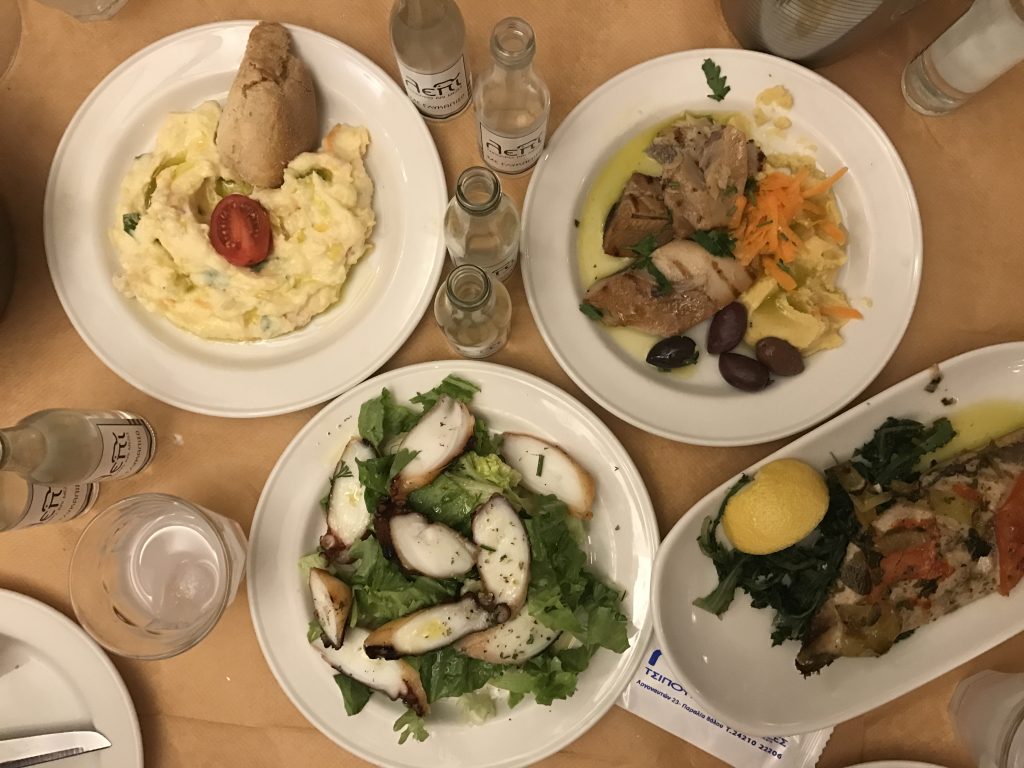 On the island of Naxos, considered to be the birthplace of the Dionysus, men parade around carrying Dionysian phallic symbols known locally as somba, a way to welcome spring season and ward off evil spirits. Naxos is the largest of the Cyclades, is known for its fertile landscape, picturesque mountain villages and stretches of pristine beaches. It’s main town, called Chora, is well-preserved and known for its cobbled 13th-century hilltop castle.
On the island of Naxos, considered to be the birthplace of the Dionysus, men parade around carrying Dionysian phallic symbols known locally as somba, a way to welcome spring season and ward off evil spirits. Naxos is the largest of the Cyclades, is known for its fertile landscape, picturesque mountain villages and stretches of pristine beaches. It’s main town, called Chora, is well-preserved and known for its cobbled 13th-century hilltop castle.
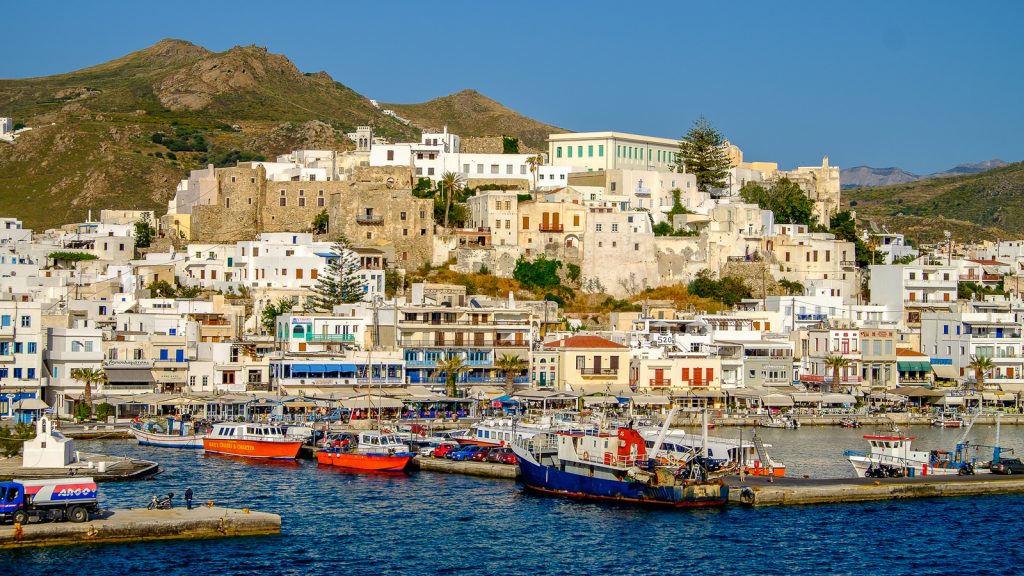
Meanwhile, on the island of Skyros, one of the wildest and noisiest carnivals take place where bells clang most of the day while three people are dressed up to play traditional and symbolic roles, traditions that relate to Dionysian festivals. The Sporadic island is famous for its lovely beaches as well as its history.
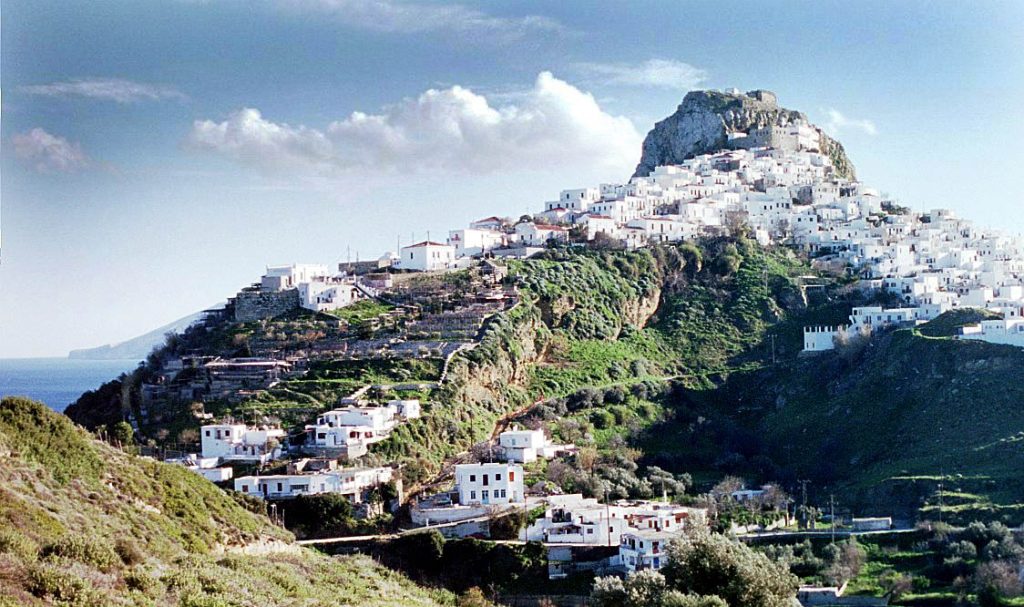
The beautiful main town is built on a hilltop offering striking views. There, travelers can explore a Byzantine castle dating back to the 10th century.
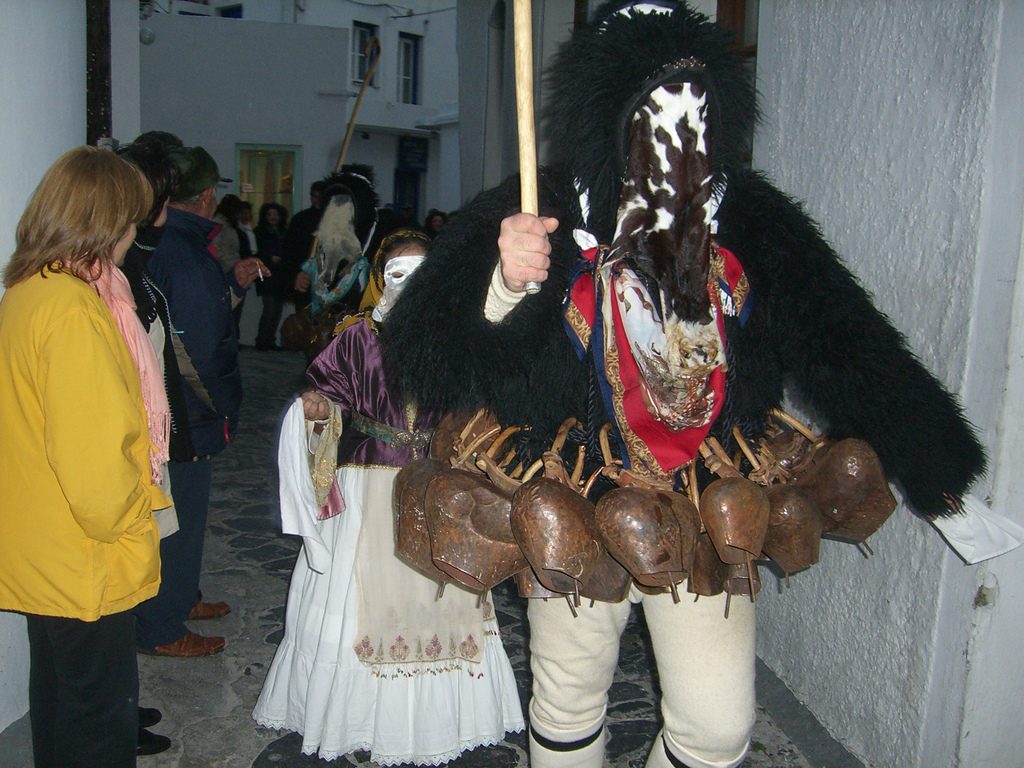
As you can see the Greek Carnival can be experienced in many forms and there are many traditions to take note of, some dating back to ancient Greece. Have you ever attended Carnival during your travels?

